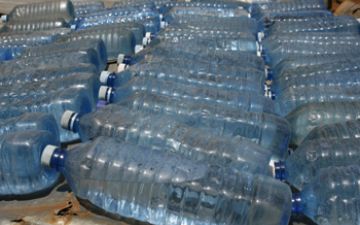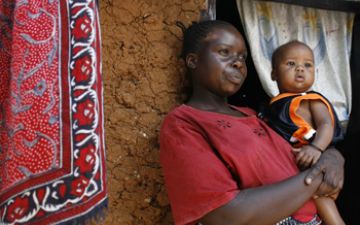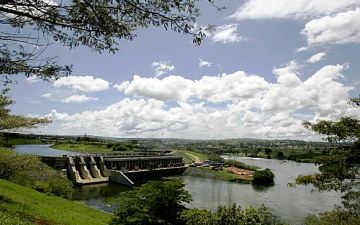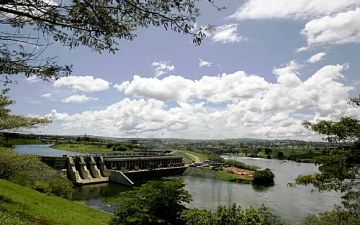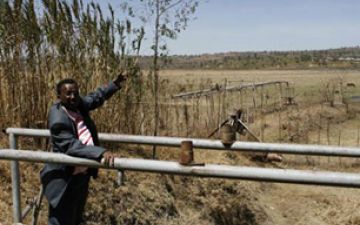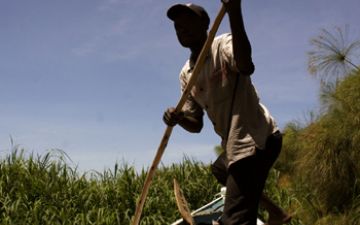UV Rays to the Rescue
ON A FRAYED MAT ON ONE of the dusty streets of Kibera — Africa's largest slums — in Nairobi, Sophia Mohamed sells her wares: two mangoes, five oranges, a half-dozen calcium-based chewing stones and a pan brimming with bhajia (a potato snack).
